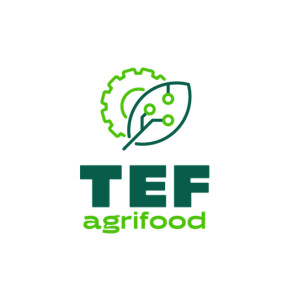 \
&
Contact us
\
&
Contact us
 \
&
Contact us
\
&
Contact us
Published on | 4 years ago
Programmes ERCA total of 2678 proposals were submitted in response to the ERC 2020 Advanced Grant Call (ERC-2020-ADG).
The number of proposals for each domain is shown below:
The next call ERC-2021-ADG is planned to be published and opened for submission on the Single Electronic Data Interchange Area (SEDIA) - Funding & tender opportunities portal in May 2021, pending the adoption of the ERC Work Programme 2021.
Source: Funding and Tender Portal
We offer news and event updates, covering all domains and topics of Horizon Europe, Digital Europe & EDF (and occasionally, for ongoing projects, Horizon 2020).
Stay informed about what matters to you.
By signing up, you can opt in for e-mail notifications and get access to
a personalised dashboard that groups all news updates and event announcements in your domain(s).
Only for stakeholders located in Flanders
Health Culture and society Security Digital, Industry & Space
The open and forthcoming calls under Horizon Europe have been published on the Funding & Tenders Portal (Funding - Call for proposals) However, there are technical issues with the filter functions in Pillar 2: filtering per cluster does not display all 2025 call topics within this cluster and advertise call topics of other work programmes. The... read more

The AgrifoodTEF, funded under the Digital Europe call for a Testing and Experimentation Facility for Agri-Food, is a network of world-class testing and experimentation facilities (TEFs) in the agri-food sector that supports testing state-of-the-art data, AI, and robotics solutions in real-world environments to accelerate their market introduction. ILVO, Flanders Research Institute for Agriculture, Fisheries and Food, the Flemish node of the AgriFoodTEF supports the entire agri-food business, leveraging its infrastructures, experience and vast network established through participation in numerous Digital Europe and Horizon Europe initiatives.